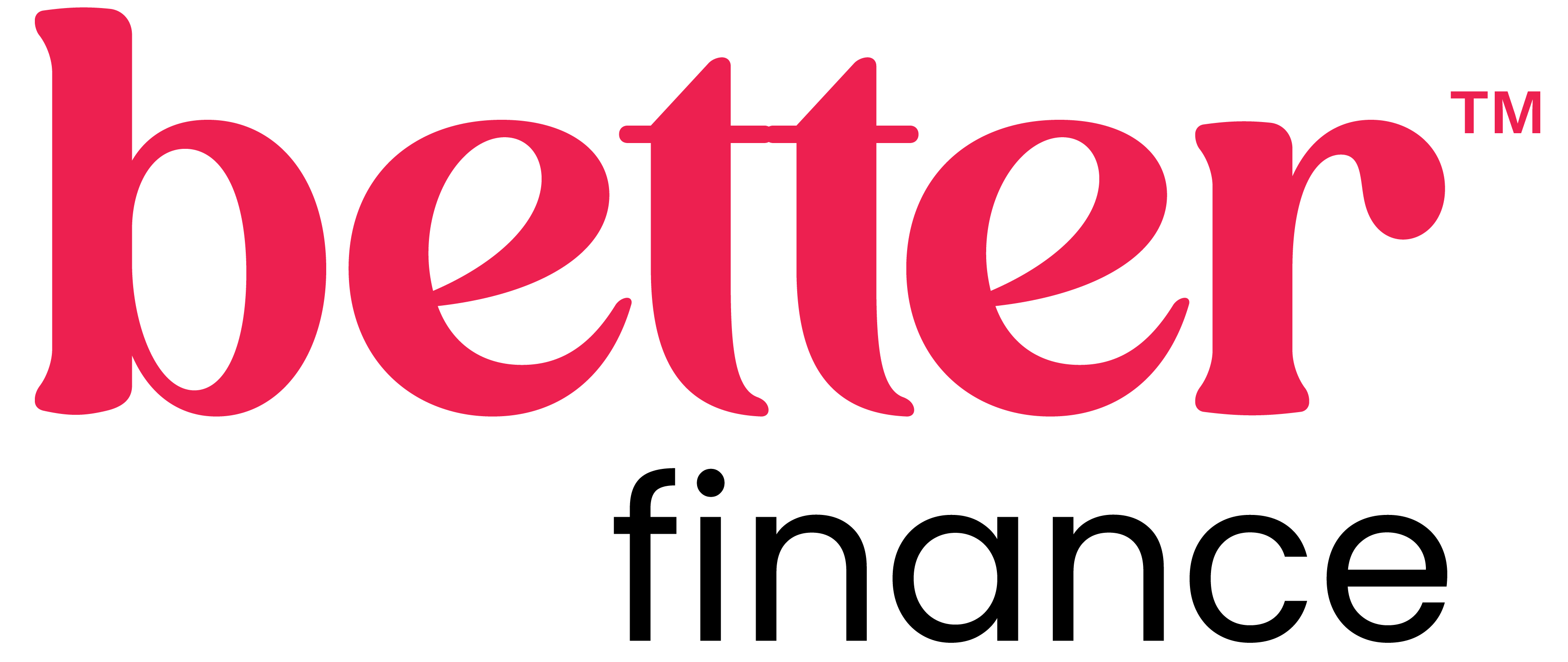.png)
-
Taking out a loan is like setting off on a road trip: you know your destination, you have a means of transport to get there (your loan), but to arrive safely and enjoy the ride, you also need to know how to drive (aka manage your repayments).
With the right strategies and tools, this journey can turn from a winding road into a scenic cruise. So, let’s buckle up and dive into some effective strategies to keep your loan repayments on track.
Understand your loan term
Just as you would familiarise yourself with a map before embarking on your road trip, understanding the terms of your loan agreement is the first step to successful debt management.
Interest rates, repayment schedules, potential penalties for late or extra payments – these are all part of your loan landscape. Make sure to read through your loan agreement thoroughly and ask your lender questions if anything is unclear. Speaking of which…
Stay in communication with your lender
Your lender can be your travel companion on this financial journey. If you’re ever struggling with repayments, it’s essential to keep the lines of communication open with your lender. They might be able to provide you with options, like modifying your repayment schedule.
Create or update your budget
Now that you're familiar with your loan terms, it's time to chart your financial course. Integrating your loan repayments into your monthly budget is crucial. It helps you see your financial picture more clearly and ensure that your repayments won't be forgotten amidst other expenses. There are plenty of digital tools and apps out there that can make budgeting easier and even a bit fun!
Prioritise debt repayment
If you have more than one loan, you may like to know the most efficient way to tackle repaying them faster. You can start by listing them all, noting down their respective interest rates and loan terms. Then, in addition to making your minimum monthly payment on all debts, you could either:
- Focus on repaying debts faster from the highest-interest rate to the lowest-interest rate loan (debt avalanche method); this way you could be reducing the amount of total interest you pay, while also reducing the amount of time it takes to get out of debt.
- Make additional payments on the smallest debts first before moving on to bigger ones (debt snowball method). This can help build motivation because you can see faster results.
Whatever you choose to do, prioritising repaying debt strategically based on your situation can make the repayment journey faster and smoother. Of course, you need to also check whether there are any penalties for making additional payments when considering paying off your debts faster. Depending on your loan, some early repayment charges may apply (also known as ‘break fees’). So, it’s crucial to read the fine print to ensure that these charges don’t offset the interest savings you’d be making.
Consider debt consolidation
Have multiple loans and feeling like you're juggling too many repayments? Another way to manage multiple debts could be to consolidate them into a single loan. By doing so, you could simplify your repayments and maybe even reduce your total interest costs depending on the interest rate and term of your consolidation loan. For more on the benefits and potential drawbacks of debt consolidation, click here.
Adjust repayments with your income
When you receive a raise at work, consider adjusting your loan repayments accordingly. The same goes for unexpected windfalls and one-off extra repayments. The more you contribute towards your repayments each month, the quicker you'll be able to clear your debts, and the less you'll pay in interest over the life of the loan.
But before you do, check the loan terms to check whether there are any early repayment fees involved. Many loans – but not all – allow for additional repayments without incurring penalties. So, ask your lender and, if possible, use the extra funds to make headway on your outstanding balance.
Stay organised
Finally, just like a well-organised travel itinerary can make your trip smoother, staying organised with your finances can help you manage your loan repayments. Set reminders for due dates, keep track of your payments, and regularly review your repayment strategy to make sure it still suits your current financial situation.
You’ll find that, with some planning and organisation, you can stay on track with your financial obligations and reach your destination in good shape. Happy travels!
Disclaimer: Please note that the content provided in this article is intended as an overview and as general information only. While care is taken to ensure accuracy and reliability, the information provided is subject to continuous change and may not reflect current developments or address your situation. Before making any decisions based on the information provided in this article, please use your discretion, and seek independent guidance.





